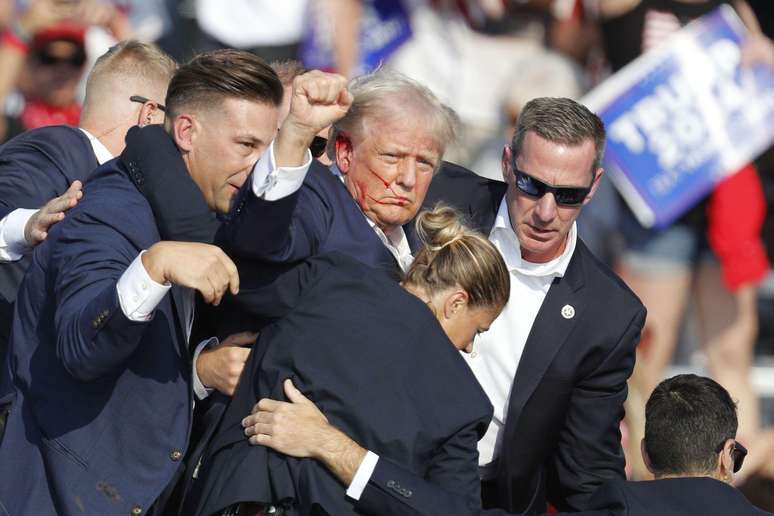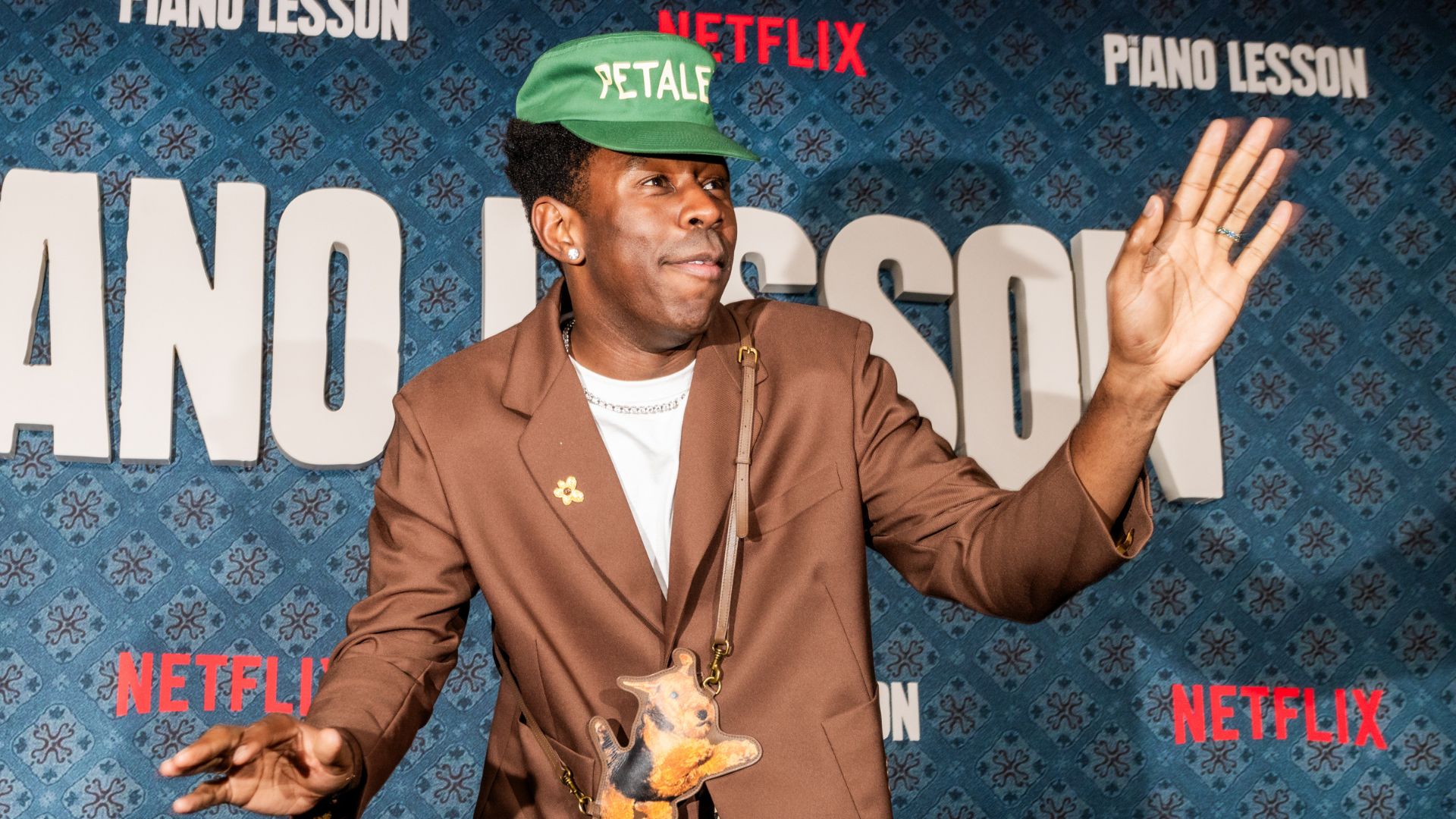Political scientist who studies assassinations analyzes attack on Donald Trump in Pennsylvania.
With the attempted assassination of Donald Trump during a rally in Pennsylvania on Saturday (13/01), the United States experienced a new episode of violence in a highly polarized political environment.
Trump survived, but one person died and others at the rally were injured. The shooter was killed.
The Conversation editor Naomi Schalit interviewed political scientist Arie Perliger of the University of Massachusetts Lowell, who spoke about political violence and murder.
Given America’s deep polarization, Perliger said, “it’s not surprising that people resort to violence.”
Naomi Schalit: When did you find out? the newswhat was the first thing that came to mind?
Arie Perliger: The first thing that came to mind was that we were basically on the brink of a potential civil war. I think if Donald Trump had actually suffered fatal injuries, the level of violence we have seen so far would be nothing compared to what we would see in the coming months. That would have triggered a new level of anger, frustration, resentment, and hostility that we have not seen in the United States in many, many years.
The assassination attempt, at least in this early stage, could validate the strong sense among many Trump supporters and people on the far right that they are delegitimized, that they are on the defensive, and that efforts are being made to prevent them from competing in the political process and preventing Trump from returning to the White House.
What we saw, for many on the far right, fits perfectly with a narrative they had already constructed and spread over the past few months.
Schalit: Assassination attempts aren’t just about killing a person. They have a bigger goal, right?
Perliger: In many ways, assassination attempts ignore the long process of diminishing and defeating political rivals, when there is a sense that even a long political struggle will not be enough. Many see assassinations as a very quick and efficient way that does not require a lot of resources or organization.
If we try to relate to what we saw today, I think a lot of people see Trump as a “unicorn,” as a singular entity, who in a way represents the entire conservative movement. So removing him would feel like that would solve the problem.
I think the conservative movement has changed dramatically since 2016, when Trump was initially elected, and many of the characteristics of Trumpism are reasonably popular in different parts of the conservative movement.
So even if Trump decides to retire at some point, I don’t think Trumpism – understood as a set of populist ideas – will disappear from the Republican Party.
But I can certainly understand why people who see this as a threat think that getting rid of Trump might solve all their problems.

Schalit: In a study of the causes and consequences of political assassinations, you wrote that unless electoral processes can address “the most intense political outrages” […] The electoral contest has the potential to incite further violence, including attempted assassinations of political figures.” Is this what you have seen in this case now?
Perliger: Democracy cannot work if different parties, different movements are not willing to work together on some issues. Democracy works when multiple groups are willing to reach a certain consensus through negotiations, collaboration or cooperation.
What we’ve seen over the last 17 years, basically since 2008 and the rise of the Tea Party movement, is that there’s been an increase in polarization in the United States. And the worst part of this polarization is that the American political system has become dysfunctional, in the sense that we’re pushing out all the politicians who are interested in working with the other side. That’s a problem. The second part is that people are delegitimizing leaders who want to work with the other side, presenting them as people who have betrayed their political values and their party.
The third part is that people are delegitimizing their political rivals. They have turned political disagreements into wars, where there is no room for people to work together to address the challenges that everyone agrees are affecting the country.
When you combine these three dynamics, you essentially create a dysfunctional system where both sides believe that there is a zero-sum game – that this is the end of the country. If the other side wins, it is the end of democracy.
If both sides keep telling people that losing an election is the end of the world, it is not surprising that people will end up taking matters into their own hands by resorting to violence.
* Arie Perliger is director of security studies and professor of criminology and justice studies at UMass Lowell.
This article was originally published on the academic news website The conversation and republished under Creative Commons license. Read here is the original version in English.
Source: Terra
Rose James is a Gossipify movie and series reviewer known for her in-depth analysis and unique perspective on the latest releases. With a background in film studies, she provides engaging and informative reviews, and keeps readers up to date with industry trends and emerging talents.







